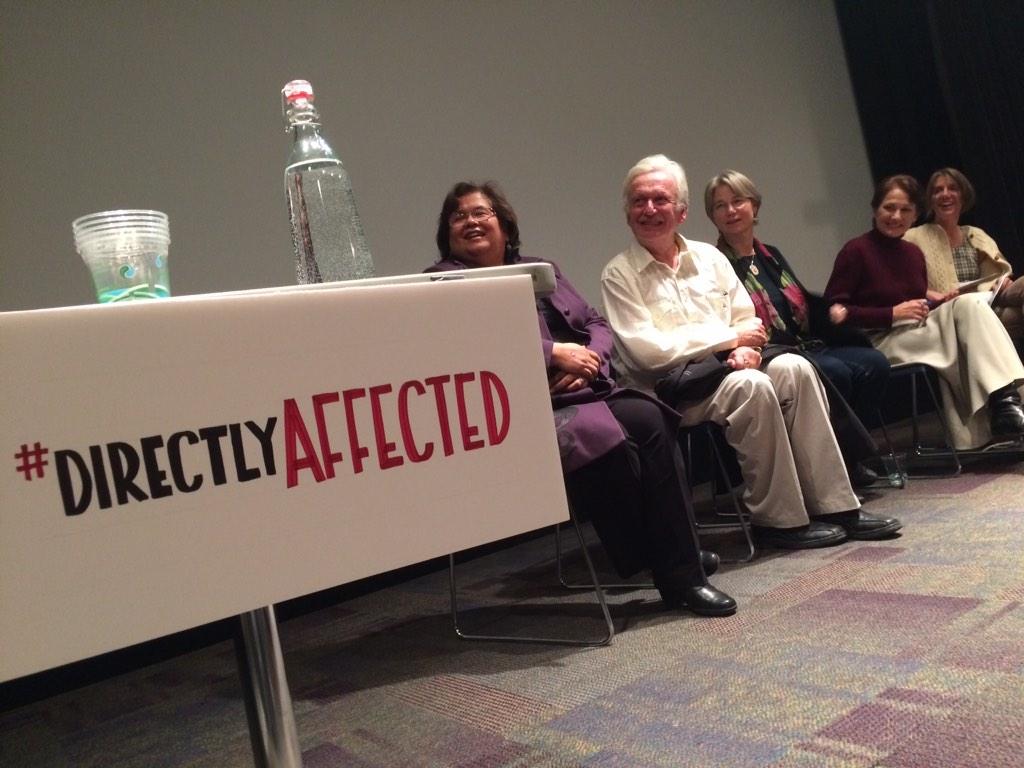Nick Abraham editor Oil Check Northwest
August 6th - Earlier this week, President Obama announced its long awaited Clean Power Plan, and the new rules were met with plenty of fanfare from all of us that want clean air to breathe and a healthy climate to live in.
Unsurprisingly, oil and coal companies were not as pleased. They’ve organized an army of front groups, pseudo-think tanks and bought off organizations to attack and cripple the plan.
Locally, “astro-turf” groups like Oregonians for Sound Fuel Policy and the Washington Climate Collaborative are not just attacking action like the Clean Power Plan. They have a widespread agenda to prevent new environmental protections and undercut the Northwest’s progress.
They’ve laid out an alternative to a clean energy future, a Dirty Power Plan, for the Northwest. You won’t see them announcing it from podiums or siting down with Katie Couric to talk it over. But make no mistake the fossil fuel industry has a plan for our corner of the world.
1. Sinking Clean Fuels
No surprise here. With a virtual monopoly on what we can fuel up with, oil companies are fighting desperately to prevent either state from enacting a clean fuels program. Despite putting $2 million into Oregon campaigns in 2014 clean fuels prevailed in a landmark victory this past session in Oregon. The legislature mandated that 10% of fuels in the state must come from renewable sources. Not one’s to bow out gracefully,oil companies have put forth 3 different ballot measures for 2016 that would repeal or weaken clean fuels.In Washington, legislators who received millions from oil companies, almost completely derailed compromise on a new transportation package by trying to preemptively block clean fuels. Senate leaders added a poison pill to the transportation package that said if Governor Inslee implemented clean fuels through executive order all alternative transportation funding would move to road construction. In an effort to keep our state moving (literally), the Governor begrudgingly accepted the deal. Chalk one up for the oil companies.
2. Pipelines Trains and Terminals
The Northwest stands directly between Asian markets and major fossil fuel deposits in Canada and the interior Western US. The fastest, cheapest route to getting their coal, oil and natural gas to export is through our backyard, and that’s exactly what their Dirty Power Plan would propose.Here’s what that would look like:
- Coal terminals North of Bellingham and Longview WA with over 90 million metric tons of coal total
- Expanded Bakken crude oil refining in Ferndale, Anacortes, Tacoma, Hoquiam, and Vancouver WA as well as Clatskanie OR could move over 1 million barrels/day through our region. That’s 14 oil trains a day
- Natural gas: 140 miles of new pipeline from Sumas WA to Warrenton OR cutting through major population centers along the I-5 corridor as well as a 230 mile line from Malin to Coos Bay OR

3. Keeping Pollution Free
This year, both Oregon and Washington had bills in the legislature to put a price on pollution. In Oregon bill 3470 would have given the state the authority to regulate pollutants much the same way as California currently does, through a carbon cap and trade system. A second bill (3250), would have charged polluters a fee and given that money back to each Oregonian with a dividend check, very similar to Alaska's program that charges oil companies a royalty and gives checks to every resident. (If you've ever had a friend from Alaska they cannot shut up about their "free" check every year)Unfortunately both bills didn’t make it out of session, as a transportation fight took out all the air in the legislature. Much in the same was as Washington; a provision was added to the transportation package that would cut clean fuels in exchange for a deal. Only this time oil companies were caught red handed writing the bill themselves. After a drawn out battle, the package was killed and clean fuels lived on to fight an other day.
In Washington Governor Inslee laid out a proposal to cut emissions from the state’s largest industrial polluters, a plan that would have given the billions raised to badly need transportation improvements and education funding that’s still in a $3.5 billion hole. This bill, similar to Oregon, was killed after a barrage of attacks from oil-backed legislators.
Not to be out maneuvered, in late July, Governor Inslee announced that the state would be regulating emissions through the Department of Ecology’s mandate. As impressive as this plan is, it still needs backup to be completely effective. To truly have a strong impact, the law will need a way to enforce the regulations. Many predict that a price on pollution will be put on the ballot in 2016 and this would give the Governor’s proposal some much needed teeth.
This week’s Clean Power Plan announcement was a powerful step forward; we couldn’t be happier to see a tough but achievable strategy to cut emissions. But lets not forget that fossil fuel companies have a plan of their own. And the Dirty Power Plan does not paint a bright future for the Northwest.
Nick Abraham editor Oil Check Northwest
nick@oilchecknw.com
